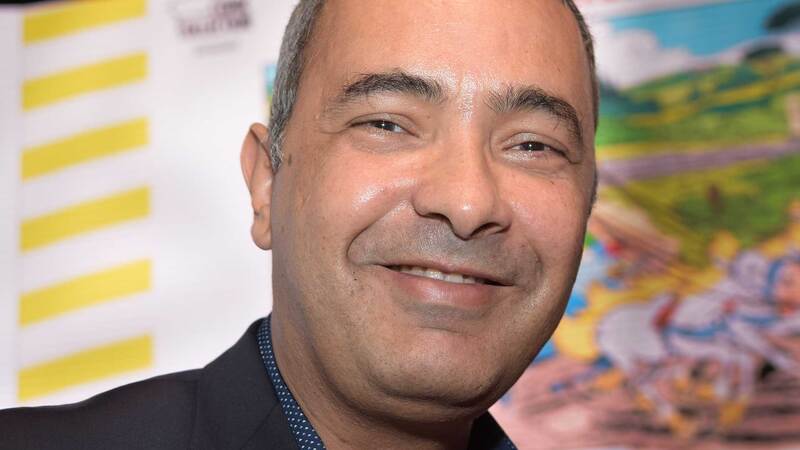You are viewing your 1 free article this month. Login to read more articles.
CUP backs down over China censorship
Cambridge University Press (CUP) has back-pedalled on its decision to censor hundreds of articles from one of its flagship journals in China.
Tim Pringle, editor of the journal in question, The China Quarterly, revealed on Twitter he had been informed by CUP that the publisher intends to "immediately repost" the articles removed from its website in China, which was subsequently confirmed by CUP in a follow-up statement.
It follows what Pringle said was a "justifiably intense reaction" from the global academic community to the removal of over 300 articles from the journal on subjects such as 1989 Tiananmen Square massacre, Tibet, Xinjiang, Hong Kong and the Cultural Revolution at the request of the Chinese authorities. The press had received criticism that it was putting its business interests ahead of its academic reputation by agreeing to the demand and over 600 academics had signed a petition warning that they may boycott the publisher should it refuse to change its mind on the issue.
Pringle's statement said the action to restrict access to sensitive articles from the journal had been taken without his consent and he supported CUP's decision to repost the articles. He added it was "not the role of respected global publishing houses such as CUP to hinder access [to scholarly research]" and criterion for submissions would continue as before "regardless of topic or sensitivity".
The China Quarterly said all the previously-censored articles had now been re-posted on CUP's internet portals in China, where they can be downloaded free of charge.
Pringle's statement read: “Following a meeting with officers from Cambridge University Press (CUP), The China Quarterly has been informed that CUP intends to repost immediately the articles removed from its website in China. CUP has previously taken down 315 articles following an ‘instruction’ from a Chinese import agency without the consent of The China Quarterly.
“As Editor, I would like to express my support of CUP’s decision to repost the articles. It comes after a justifiably intense reaction from the global academic community and beyond. Access to published materials of the highest quality is a core component of scholarly research. It is not the role of respected global publishing houses such as CUP to hinder such access. The China Quarterly will continue to publish articles that will make it through our rigorous, double-blind peer review regardless of topic or sensitivity. Our publication criteria will not change: scientific rigour and the contribution to knowledge about China.”
CUP said in its follow-up statement that it had "reluctantly" taken the decision to block 315 articles in The China Quarterly in China, a decision it has since "reviewed" ahead of a meeting with a Chinese importer in Beijing to reinstate the blocked content.
Cambridge University Press’ statement also appeared on Weibo, China's version of Twitter, but was blocked by China’s censors less than 12 hours later, according to the Guardian.
"Academic freedom is the overriding principle on which the University of Cambridge is based," it said. "Therefore, while this temporary decision was taken in order to protect short-term access in China to the vast majority of the press’s journal articles, the university’s academic leadership and the press have agreed to reinstate the blocked content, with immediate effect, so as to uphold the principle of academic freedom on which the university’s work is founded."
Pressure on CUP to cease its compliance with the Chinese authorities had been intensifying with academics threatening to boycott the publisher. A petition spearheaded by a professor at the HSBC Business School Chistopher Balding in Shenzhen said it was "disturbing" to find China "attempting to export its censorship".
Yesterday (21st August) the International Publishers Association (IPA) called on the Chinese authorities to overturn its decision to censor the articles, calling the act a "retrograde assault on freedom to publish and academic freedom". It then said it was planning to address the issue in a speech at the Beijing International Book Fair on Wednesday (23rd August) but, in view of developments, it will now instead be pursuing the matter directly with the Publishers Association of China (PAC).



















